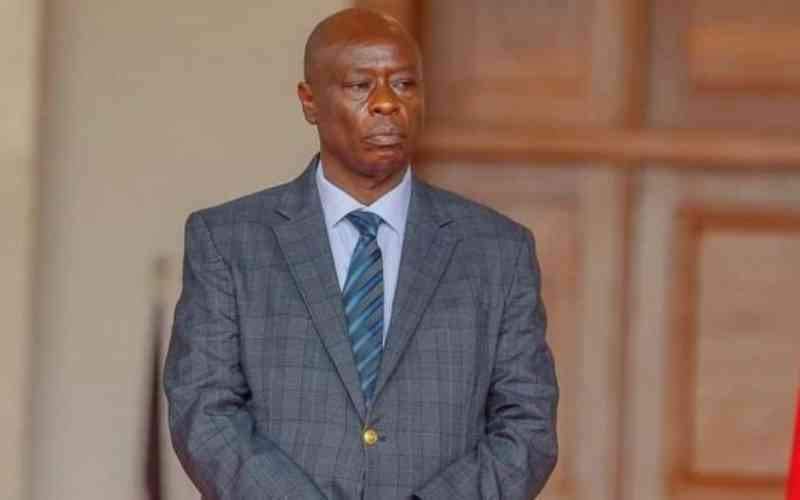Transport operators suspend planned strike over GHS1 fuel levy
Commercial transport operators have suspended their planned nationwide strike over the newly introduced GHS1 levy on fuel, following a meeting with the Ministry of Transport on Monday, June 9.
The decision to halt the industrial action came after the Ministry assured operators that the levy would not affect prices at the fuel pumps.
The operators, who had announced a strike to begin on Tuesday, June 10, say they are standing down temporarily to monitor the actual impact of the levy. Their initial concerns stemmed from fears that the new GHS1 charge per litre on petroleum products would directly increase fuel costs, affecting transportation fares and operational expenses.
Speaking on Citi Eyewitness News, the group’s Public Relations Officer, Samuel Amoah, confirmed the decision to suspend the strike, citing explanations provided by government officials during their meeting.
“We had a meeting today with the Transport Ministry, and as we stated earlier, our issues have to do with the GHS1 cedi levy that is going to be on the petroleum product, which to us is going to be another cost added to what we have already been paying at the pump.
“So when we had the meeting, the explanation given to us was that, looking at how things are going, nothing is going to change at the pump as we go to buy the fuel. What it means is that this GHS1 is not going to change what we buy at the pump, so we said, if that’s the case, we will suspend it.
“Also, the implementation has not been done. So what we have to do is monitor to see if there is any change. If nothing changes in terms of the price, then it means that we do not have a case. But if an increment is made, then we will also make our decision. That is why we have suspended the strike,” he said.
The planned strike followed the passage of the Energy Sector Levy (Amendment) Bill, 2025, which introduces a GHS1-per-litre levy on fuel products. The government says the measure is expected to raise GHS5.7 billion to support energy sector debt payments and fuel procurement.
However, the levy has drawn widespread criticism from transport unions and stakeholders, who fear its ripple effects on fuel pricing and inflation.
No spam, just the stories that truly matter! #StayInformed #CitiNewsroom #CNRDigital








